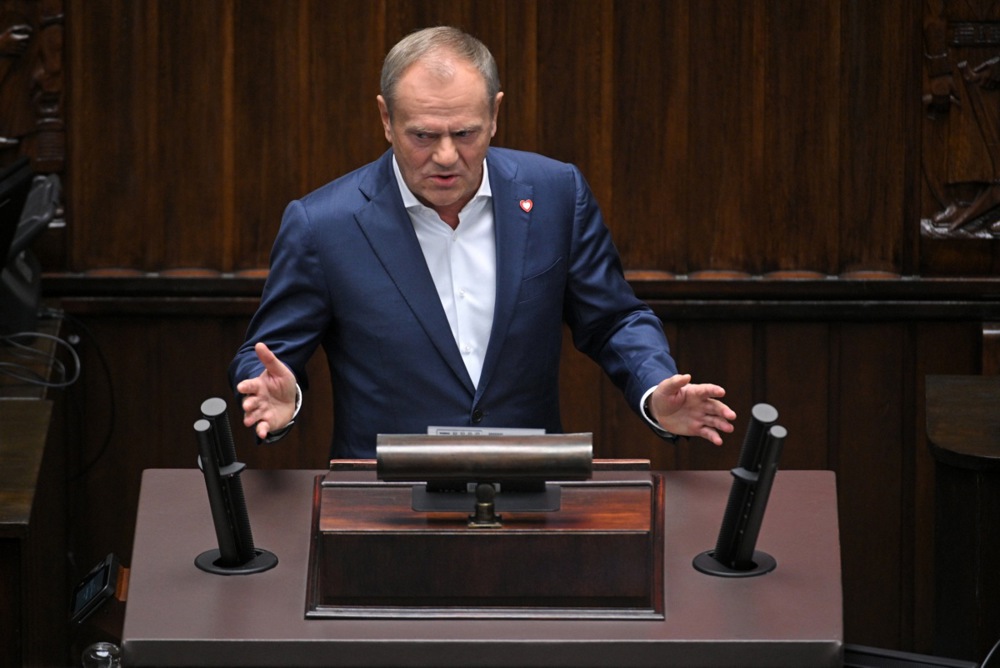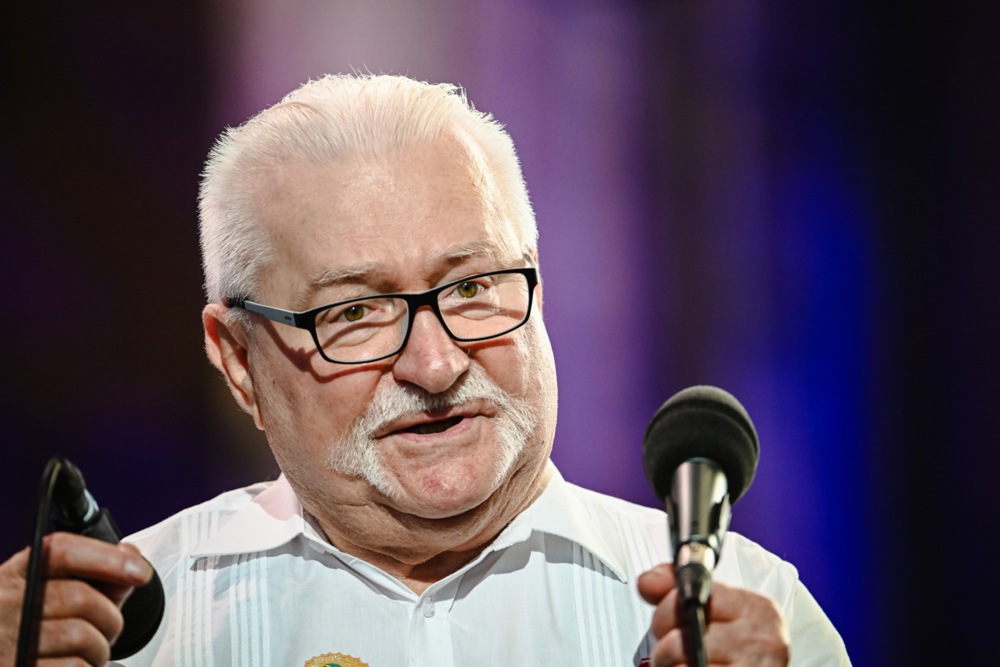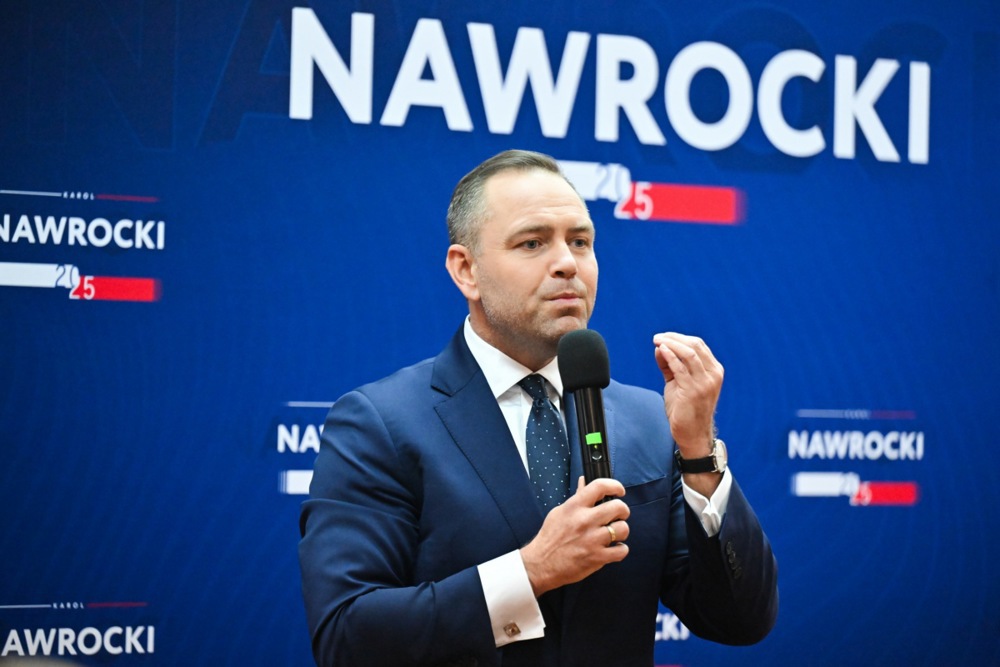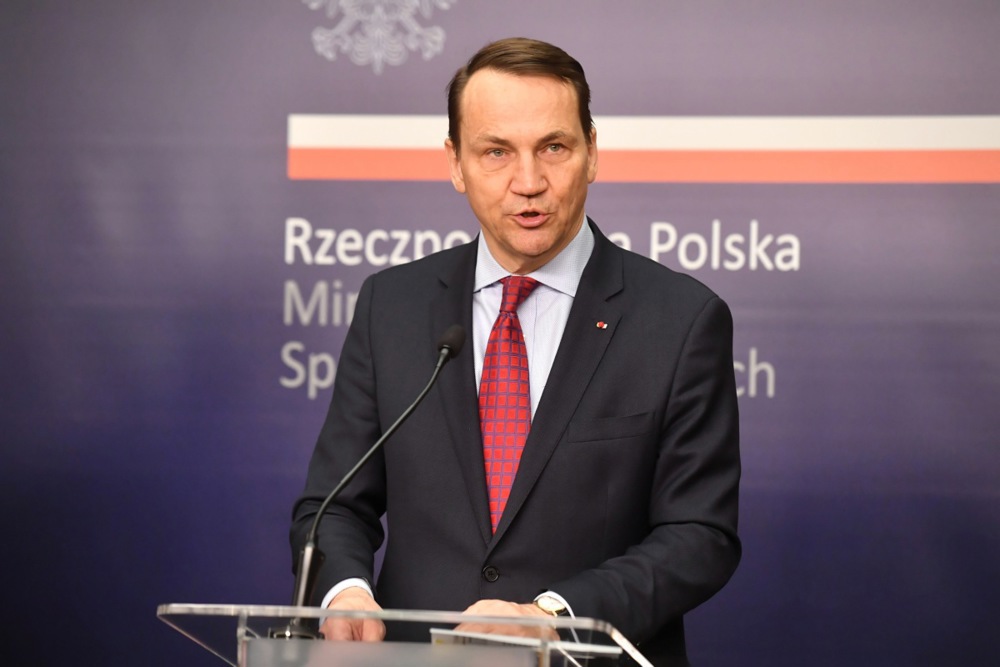Poland’s education minister Barbara Nowacka protested to her counterpart in Ukraine over passages in a Ukrainian school textbook that blamed Poles for the events leading up to the Volhynia massacre during the Second World War.
More than 100,000 Polish civilians were killed by Ukrainian nationalists during the war in ethnic cleansing. That came as the Ukrainian Liberation Army (UPA) attempted to take full control of territory that had previously been governed by Poland.
Nowacka, of the centre-left government led by Prime Minister Donald Tusk, on July 17 wrote to Ukrainian education minister Oksen Lisovyi . She stated: “Poland is very concerned about the contents of Ukrainian history textbooks which refer to the events in Volhynia.”
Nowacka added that “the Second World War was a difficult period for Polish-Ukrainian relations as they included mass crimes against the Polish population known as the Volhynia massacre carried out by the UPA and local Ukrainians.
The Polish education minister in her letter highlighted contents included in the History of Ukraine textbook for primary schools that was published in 2023.
The text included a passage in which it was stated that “the 30-40 thousand UPA forces saw the Ukrainian communists, Nazis and Poles as enemies. The reason for the deterioration of Polish-Ukrainian relations were mass murders of Ukrainians carried out by Poland’s Home Army (AK),” which she said it described as “an underground Polish army that aimed to restore the pre-war border of Poland”.
According to the textbook: “The bloody Polish-Ukraine war which led to the deaths of many soldiers and civilians lasted until 1947.”
The AK did fight Ukrainian military units that worked with the Germans and Polish forces who did participate in an operation in south-eastern Poland which cleared the area of UPA and resettled Ukrainians elsewhere.
There was no evidence, though, of mass murders of civilians on anything approaching the scale of what occurred in Volhynia.
Nowacka requested her Ukrainian counterpart to take “immediate action to review the textbooks and to initiate the preparation of new content that will be conducive to the current state of Polish-Ukrainian relations”.
She also suggested that both Poland and Ukraine should review each other’s textbooks to avoid future problems. She noted that one of the Ukrainians serving in a joint commission looking at the issue had suggested a joint history textbook on Polish-Ukrainian relations.
The Volhynia massacre has been a problem in Polish-Ukrainian relations ever since Ukraine became independent of Russia in 1991. That was because Ukrainians perceived the UPA as a liberation army and continued to be suspicious that Poland may one day wish to take back territory it lost as a result of the Second World War.
Poland lost the city of Lviv and other provinces to the USSR as part of its post-war settlement in which it was compensated with post-German territories in the west.
During the Communist period, neither the Polish Communists nor the Soviet authorities wanted to discuss Volhynia and it only surfaced as a public issue again when both Poland and Ukraine were independent once more in the 1990s.
There has been tension not only over the interpretation of the history but also the exhumation of the victims, which was suspended for several years by the Ukrainians and has only just resumed.
Those tensions were put on the backburner in the immediate aftermath of Russia’s invasion of Ukraine in 2022 as Poland rushed to help millions of Ukrainian refugees and supplied Ukraine’s forces with much-needed weaponry.
The Ukrainians, though, did not reciprocate with any initiatives on settling past history, leading some Polish politicians such as the defence minister and leader of the centre-right Polish People’s Party (PSL) Władysław Kosiniak-Kamysz to say Ukraine would not join the European Union until it had dealt with its past.
During Poland’s presidential election earlier this year, the victorious Conservative (PiS) candidate Karol Nawrocki joined other right-wing candidates in declaring that Ukraine cannot join either NATO or the EU, citing differences over history as one of the reasons.





